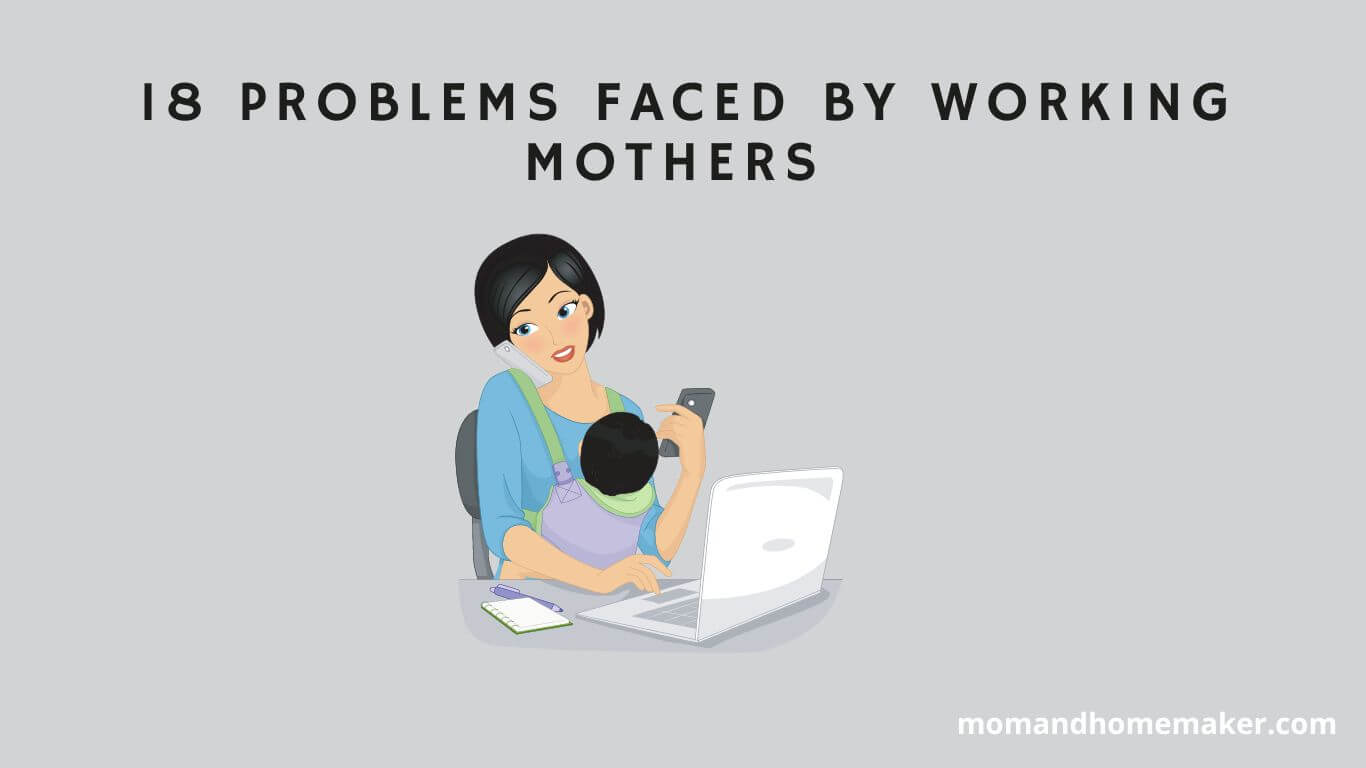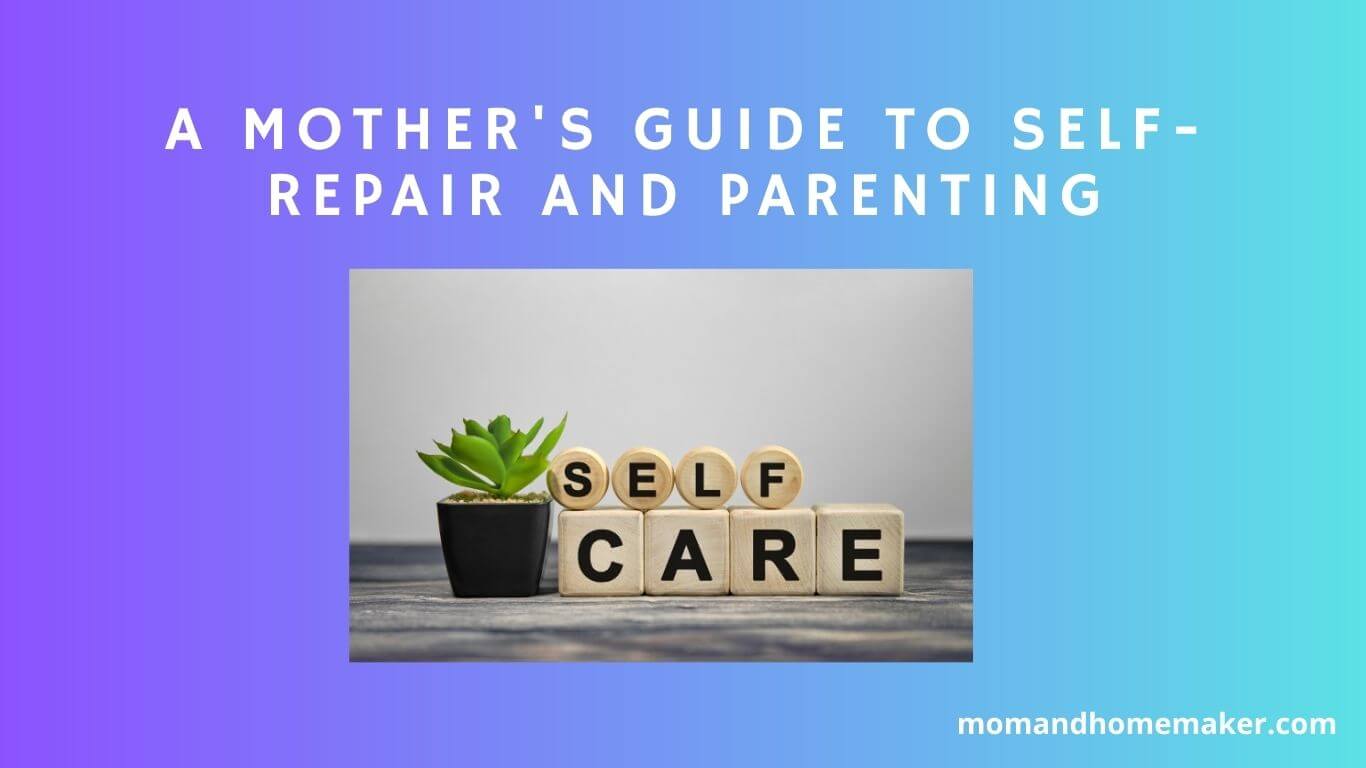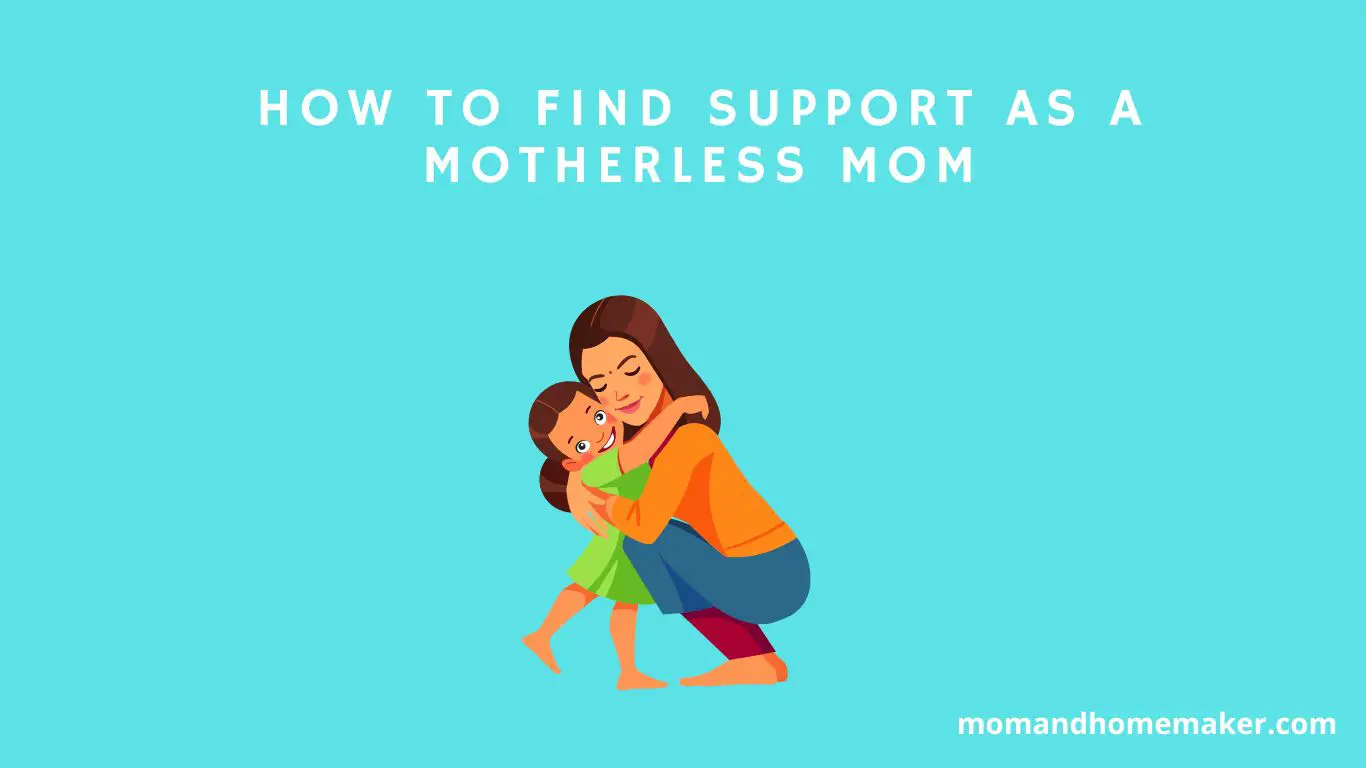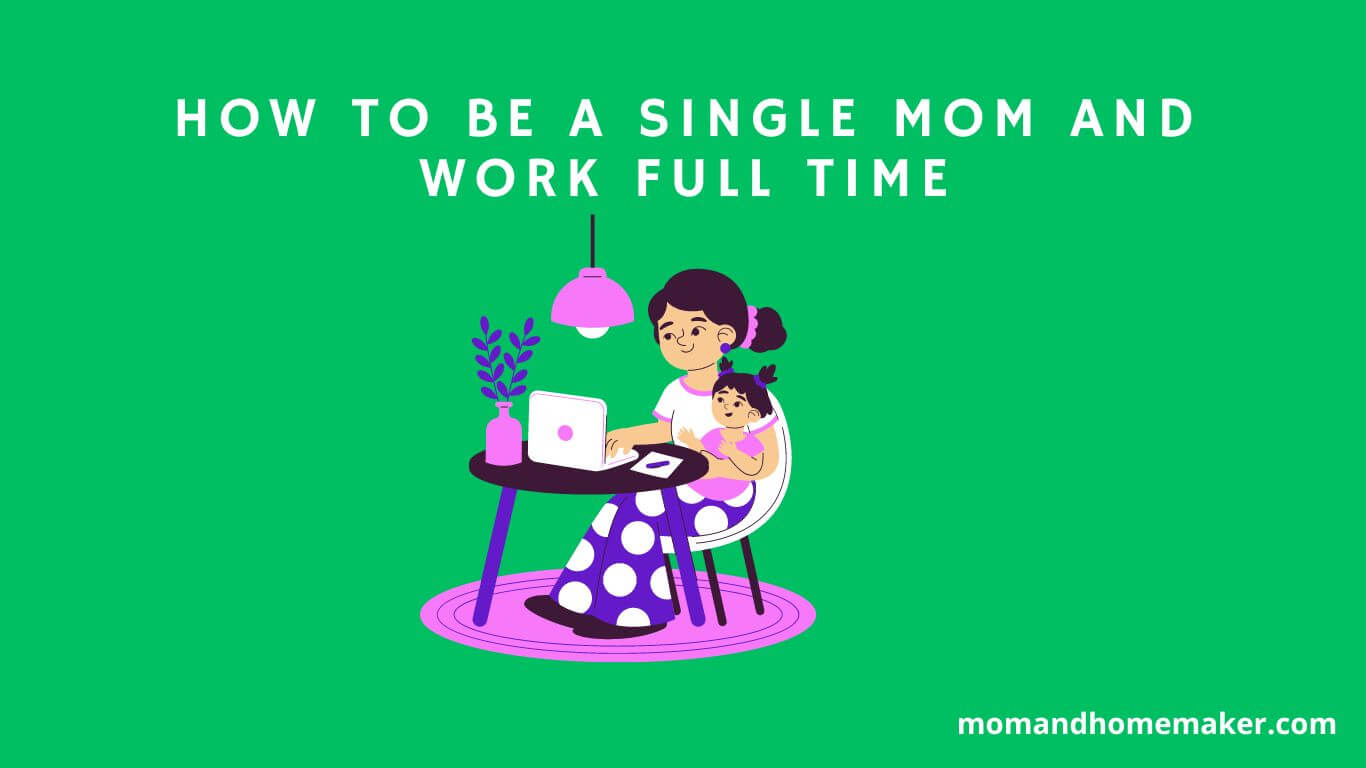Working mothers face a multitude of problems that are unique to their dual roles as mothers and employees. They must juggle the demands of their jobs with the responsibilities of caring for their children and managing their households.
These problems can cause stress, guilt, and burnout, which can negatively impact their well-being and their ability to perform their duties at work and at home. In this essay, we will explore the various problems faced by working mothers and the strategies that can help them overcome these challenges.
Despite these challenges, there are many resources and strategies available to help working mothers succeed and overcome the obstacles they face.
Key Takeaways
- Working mothers face a range of challenges, including balancing professional and personal lives, discrimination and bias in the workplace, financial strain, and inadequate family leave policies.
- Effective strategies for managing these challenges include prioritizing responsibilities, building a strong support network, seeking professional help, advocating for oneself, and incorporating self-care practices into daily routines.
- The impact of working mothers on families and society is complex, but research suggests that children of working mothers may benefit academically and emotionally, and advocating for better parental leave policies can benefit both mothers and fathers.
- To help working mothers thrive, it is important to advocate for better support systems and policies, as well as to address the complex factors that contribute to these challenges.
Table of Contents
1. Lack of Time Management
You’re always rushing around, trying to fit everything in, but it feels like there’s never enough time in the day – being a working mom can be overwhelming. Juggling work, family, and personal responsibilities can be a real challenge. But, there are ways to manage your time effectively so that you can get everything done without feeling stressed out.
One effective way to manage your time is to use time-saving strategies. This might mean outsourcing tasks, such as hiring a cleaning service or ordering groceries online. It could also mean implementing self-care practices, like taking breaks throughout the day or setting aside time for exercise.
Prioritizing your responsibilities is also key. Make a list of what needs to be done and tackle the most important tasks first.
Delegation techniques can help take some of the load off. Enlist the help of your spouse, children, or friends to take care of some responsibilities so that you can focus on other important tasks.
2. Difficulty Balancing Work and Personal Life
It’s tough juggling your career and family life, isn’t it? As a working mother, you may feel like you’re constantly trying to find a balance between the demands of work and the needs of your family. You may feel like there aren’t enough hours in the day to get everything done, and that you’re constantly falling short in one area or another.
To make things easier, it’s important to prioritize your time and use effective time management techniques. This could mean delegating tasks to others, breaking down big projects into manageable tasks, or setting specific goals and deadlines for yourself.
Taking care of yourself with self-care strategies like exercise, healthy eating, and mindfulness practices can help you feel more centered and focused. Communication with employers is also key – be clear about your needs and boundaries, and ask for support when you need it.
Building a strong support network of friends, family, and other working mothers can help you feel less isolated and more empowered to manage the challenges of balancing work and personal life.
3. Increased Stress and Anxiety
As a working mother, it can be difficult to find the balance between your responsibilities at home and the demands of your job. The pressure of meeting deadlines, attending meetings, and being present for your family can all contribute to increased stress and anxiety. However, it’s important to remember that you’re not alone in this struggle.
Effective coping mechanisms can help you manage the stress and anxiety that come with being a working mother. Support systems, such as friends, family, or a therapist, can provide a safe space for you to express your feelings and receive encouragement.
Self-care techniques, such as exercise, meditation, or a relaxing hobby, can help you recharge and feel more balanced. Remember, taking care of your mental health is just as important as taking care of your physical health.
By prioritizing work-life balance and mental health awareness, you can create a healthier and happier life for both yourself and your family.
4. Risk of Depression
Balancing work and family can take a toll on mental health. The risk of depression is a common concern for many working mothers. The societal expectations of being a perfect employee, mother, and spouse can be overwhelming. The constant juggling of responsibilities can lead to feelings of guilt, inadequacy, and stress. This can take a toll on one’s mental health, leading to depression.
The impact of depression on working mothers can be severe. Not only on their own mental health but also on their children’s well-being. Children of depressed mothers are more likely to experience behavioral and emotional problems.
Coping mechanisms such as self-care, time management, and seeking help from family and friends can help in managing stress and depression. It’s also important to remember that seeking professional help isn’t a sign of weakness but a step towards healing.
As a working mother, it’s crucial to prioritize mental health and seek help when needed to ensure a healthy and happy family.
5. Limited Career Growth Opportunities
You’re feeling stuck in your current position, with nowhere to go and no opportunities to grow in your career. This is a common issue faced by many working mothers.
Career stagnation can be caused by a variety of factors, including the glass ceiling effect, work-life imbalance, and missed opportunities. The glass ceiling effect is a phenomenon where women, especially working mothers, are unable to advance to top positions in their companies due to gender bias and discrimination. This can lead to professional frustration and limited career growth opportunities.
Work-life imbalance, where the demands of work and family are not in sync, can make it difficult for working mothers to take on additional responsibilities or pursue opportunities for career advancement. All of these factors can contribute to a feeling of being stuck in one’s career and missing out on potential opportunities for growth and success.
6. Financial Strain
If you’re feeling like you’re barely making ends meet and constantly living paycheck to paycheck, being a working mom can feel like trying to swim upstream against a strong current. The financial strain can be overwhelming, especially when you have to juggle the costs of childcare, household expenses, and career advancement.
To alleviate some of the stress, it’s important to have a solid financial plan in place. Start by creating a budget and sticking to it. Look for ways to cut back on unnecessary expenses and find ways to save money. Consider working from home or finding a job with flexible hours to reduce childcare costs. Don’t be afraid to negotiate your salary or ask for a raise to help with career advancement.
With a little bit of effort and some budgeting tips, you can take control of your finances and ease the financial strain of being a working mom.
7. Limited Access to Quality Childcare
Finding quality childcare can be a challenge for many busy moms like yourself, with limited options and high costs making it even more difficult. Here are a few things you might be experiencing when it comes to accessing quality childcare:
- Childcare costs: The cost of childcare can be exorbitant, especially for single mothers who’re the sole breadwinners in their households. The high cost of childcare can create a significant financial strain, making it difficult to make ends meet.
- Availability of care: Finding quality childcare that fits your schedule can be challenging, with many daycare centers closing early or not offering weekend care. This can make it difficult to find reliable childcare when you need it most.
- Quality of care: Knowing that your child is in good hands is crucial, and finding a daycare center that meets your standards can be a challenge. You may worry about the education and training of the caregivers or the cleanliness and safety of the facility.
These are just a few of the challenges that working mothers face when it comes to accessing quality childcare. While it can be frustrating, there’re solutions available, such as working with a nanny or family member who can provide flexible care options. It’s important to explore all of your options and find a solution that works best for you and your family.
8. Inadequate Family Leave Policies
Many workplaces have inadequate family leave policies, making it difficult for new mothers to balance their work and family responsibilities. Paid leave policies for maternity and paternity leave benefits are limited, and many new parents are forced to make tough choices between caring for their newborns and keeping their jobs. This lack of support can lead to stress, burnout, and even resentment towards the workplace.
To address this issue, many companies are implementing flexible work arrangements and work-life balance strategies. These can include remote work options, part-time schedules, and job sharing. By offering these options, employers show that they value their employees’ well-being and are willing to work with them to find solutions that benefit everyone.
Governments can take steps to mandate paid leave policies and support programs that help new parents transition back to work. With these measures in place, working mothers can better manage their responsibilities and contribute their skills and expertise to the workforce.
9. Difficulty Maintaining a Healthy Lifestyle
Maintaining a healthy lifestyle can be tough for you as a working mother, with the demands of your job and family responsibilities often leaving little time for exercise and healthy eating habits. Finding the time to fit into a workout routine or prepare a nutritious meal can be a challenge, and it’s easy to fall into unhealthy habits like grabbing fast food or skipping meals altogether.
But don’t worry, there are ways to prioritize your health even with a busy schedule. One helpful tip is to incorporate physical activity into your daily routine, such as taking a brisk walk during your lunch break or doing a quick workout before or after work.
As for diet challenges, meal prepping on the weekends can save time during the week and ensure that you have healthy options readily available. Remember to also practice self-care, whether it’s getting enough sleep, taking breaks when needed, or seeking support from family and friends.
10. Strained Relationships with Partners and Children
Juggling work and family responsibilities can sometimes lead to strained relationships with both your partner and children, as you may find yourself struggling to balance your time and attention between them. It’s understandable that you want to provide for your family and be successful in your career, but it’s important to remember that your loved ones need your emotional support and presence as well.
Here are some communication strategies to help you navigate these challenges:
- Be honest with your partner and children about your work schedule and responsibilities, and set realistic expectations for your availability.
- Schedule regular family time that is free from work interruptions, and prioritize activities that allow you to connect and bond with your loved ones.
In addition to communication strategies, self-care tips can also help alleviate some of the stress and strain of juggling work and family responsibilities. It’s easy to neglect your own needs when you’re busy taking care of others, but taking care of yourself is crucial for your physical and emotional well-being.
Here are some self-care tips:
- Prioritize sleep, exercise, and healthy eating habits to maintain your energy and focus.
- Set aside time for activities that bring you joy and relaxation, such as reading, listening to music, or taking a bath.
Parenting challenges and time management techniques are unique to each family, but with the right communication strategies and self-care tips, you can navigate these challenges and cultivate healthy relationships with your partner and children.
11. Limited Support from Employers and Colleagues
Ironically, some employers and colleagues fail to recognize the importance of work-life balance, despite the overwhelming evidence that shows it leads to increased productivity and job satisfaction. As a working mother, it can be frustrating when your employer doesn’t understand the challenges you face in balancing work and family responsibilities.
Employers have a responsibility to create a workplace culture that promotes work-life balance and supports working mothers. This can be achieved through flexible work arrangements, such as telecommuting or working from home, and by providing resources like on-site childcare or backup care.
However, even with supportive employers, working mothers still need strong support networks to help them navigate the demands of work and family life. Colleagues can play a critical role in providing this support through open communication and a willingness to help when needed.
Work-life balance strategies, such as prioritizing tasks and setting boundaries, can also help working mothers manage their time effectively. By developing strong communication skills and utilizing available resources, working mothers can achieve a healthy balance between work and family life, ultimately leading to increased job satisfaction and a more fulfilling personal life.
12. Social Stigma and Judgment
Unfortunately, society often unfairly judges and stigmatizes working mothers who strive to balance their careers and family life. The pressure to conform to traditional gender roles and devote all their time to motherhood can leave many women feeling guilty for pursuing their careers. This can lead to a loss of confidence in their abilities as both a parent and professional, making it difficult to find the right balance between work and home life.
Societal pressure, parenting guilt, and the struggle to maintain a work-life balance all contribute to the challenges faced by working mothers. The pressure to conform to traditional gender roles can lead to a loss of identity and career sacrifices, which can be particularly challenging for women who have invested years of time and effort into their careers.
Despite these challenges, it’s important for working mothers to remember that they’re not alone and that there are resources available to help them navigate these issues.
13. Cultural and Societal Expectations
Gender roles and parental expectations can be particularly limiting, with many cultures expecting women to prioritize their families over their careers. This can lead to feelings of maternal guilt, as women struggle to meet both sets of expectations.
Furthermore, cultural norms often dictate that women should be the primary caregivers and homemakers, leaving little room for professional development. This can make it difficult for women to achieve a work-life balance that works for them, leading to burnout and career stagnation.
It’s important for society to recognize the value of women’s contributions both in the workplace and at home, and to support them in achieving their goals and aspirations.
14. Difficulty Advancing Education and Training
As a working mother, you may face education barriers that prevent you from pursuing higher education or obtaining the necessary training to advance your career. This can result in career sacrifices that impact your family’s financial stability and your own professional growth.
Despite these challenges, there are still learning opportunities and skill development programs available to working mothers. You may need to get creative with your scheduling and find programs that offer flexible options, such as online courses or evening classes.
Some employers may offer tuition reimbursement programs or professional development opportunities that you can take advantage of. It’s important to remember that you can still prioritize your education and professional growth while also fulfilling your role as a mother.
By seeking out these opportunities and advocating for yourself, You can overcome education barriers and advance your career when you seek out opportunities and advance yourself.
15. Limited Job Flexibility
It’s tough to juggle work and family life when job flexibility challenges are constantly present. As a working mother, you may find yourself torn between meeting the demands of your job and fulfilling your responsibilities as a parent.
Unfortunately, limited job flexibility can make it difficult to strike a balance between these two important aspects of your life. Career advancement barriers can also arise when job flexibility is limited. For example, it can be challenging to take on additional responsibilities or work longer hours when you need to be home to care for your children.
However, there are some work-life balance solutions that can help you navigate these challenges. Time management tips like prioritizing tasks and delegating responsibilities can help you make the most of your limited time. Understanding your company’s maternity leave policies and advocating for flexible work arrangements can help you achieve a better balance between work and family life.
16. Increased Risk of Burnout
As a working mother, you may feel like you’re constantly juggling multiple responsibilities and roles, leaving little time for yourself.
This can lead to exhaustion, stress, and burnout. Fortunately, there are self-care strategies and techniques that can help prevent burnout. One important step is setting work-life boundaries, such as scheduling specific times for work and family responsibilities.
It’s also important to prioritize your own needs and make time for self-care activities, such as exercise, meditation, or hobbies. Additionally, having a support system – whether it’s a partner, family member, or friend – can provide much-needed assistance and emotional support.
With effective time management techniques and a focus on self-care and support systems, you can navigate the challenges of working motherhood and prevent burnout.
17. Difficulty Finding Work-Life Integration
Striving for work-life integration can be a significant challenge for many working mothers. You have to balance your responsibilities at work and at home, which can be overwhelming. The pressure to excel at work and still have time for your family can be stressful, leaving you feeling guilty for not being able to do everything.
One solution to this problem is to prioritize work-life balance. This means finding a way to balance your work and personal life so that you can be successful in both areas. Flexible scheduling and remote work options can help you achieve this balance. You can also take advantage of parental leave and childcare options to ensure that your family is taken care of while you focus on your career.
By doing so, you can achieve a better work-life balance and reduce stress.
18. Impact on Family and Society
It’s tough being a working mother. You’re always on the go, juggling multiple responsibilities at once. And while you may have mastered the art of work-life integration, it’s not always easy to escape the impact it has on your family and society. The truth is, as a working mother, you play a critical role in shaping the lives of your children, and the impact you have on them is profound.
As you navigate the challenges of balancing work and family, it’s important to recognize the impact it has on your children. Research shows that children of working mothers are more likely to excel academically, and have higher self-esteem and fewer behavioral problems.
However, it’s also important to acknowledge the challenges your children face, such as a lack of time with their mothers and a potential imbalance in gender roles. That’s why having a strong support system, including extended family members, friends, and colleagues, is crucial.
Furthermore, advocating for better parental leave policies can help ensure that both mothers and fathers have the opportunity to spend quality time with their children, without sacrificing their careers or mental health.
| Impact on Children | Support Systems | Gender Roles |
|---|---|---|
| Higher academic achievement | Extended family members | Imbalance in traditional roles |
| Higher self-esteem | Friends | Opportunity for fathers to take parental leave |
| Fewer behavioral problems | Colleagues |
Mental health is also a crucial consideration for working mothers, and research shows that they are at a higher risk for depression and anxiety than their non-working counterparts. That’s why it’s important for mothers to prioritize self-care, including exercise, adequate rest, and seeking professional help when needed.
The impact of working mothers on their families and society is complex and requires a multifaceted approach to address. By recognizing the challenges and advocating for better support systems and policies, we can help ensure that working mothers are able to thrive both at home and in the workplace.
Conclusion
Working mothers face a range of challenges that can make it difficult to balance work and family responsibilities. These challenges include discrimination and prejudice in the workplace, limited access to support and resources, and the need to juggle multiple roles and responsibilities.
While progress has been made in recent years to address some of these issues, there is still much work to be done to ensure that working mothers are treated fairly and have the support they need to succeed in both their careers and their personal lives.
It is important for society as a whole to recognize and value the contributions of working mothers and to work towards creating a more equitable and supportive environment for all families.
















